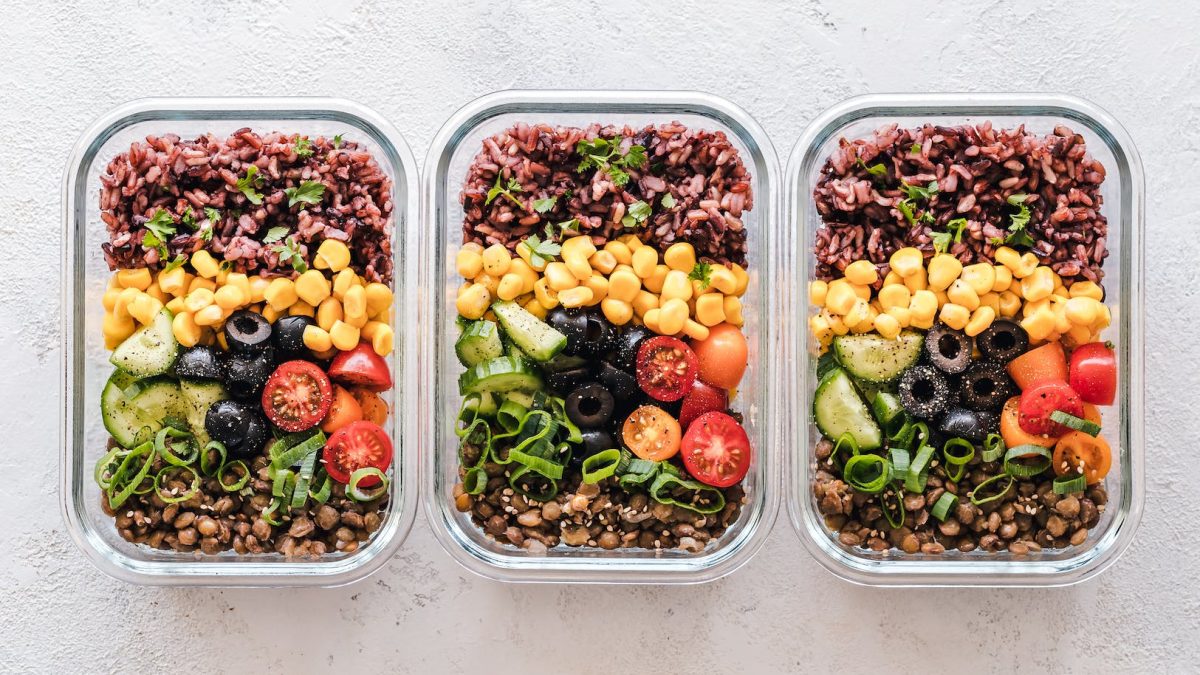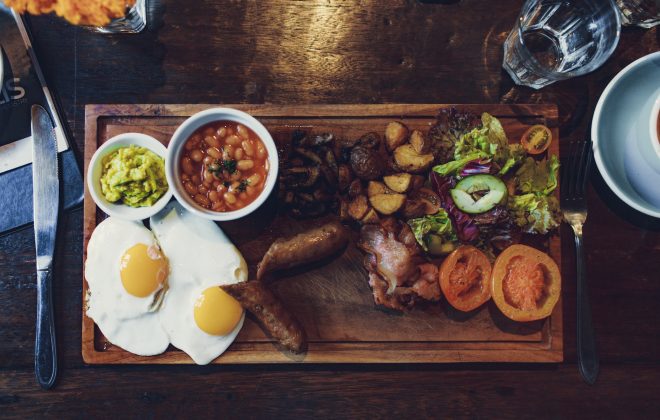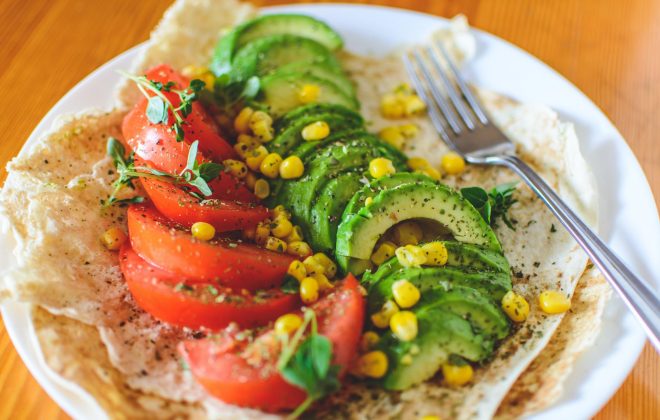What Are Macros?
Building muscle requires a combination of resistance training, proper recovery, and adequate nutrition. While all macronutrients (carbohydrates, fats, and proteins) play a role in supporting muscle growth, the macronutrient breakdown of your daily caloric intake is particularly important for achieving your muscle-building goals.
Protein
Protein is the most important macronutrient for muscle building. It is the building block of muscle tissue and is essential for muscle repair and growth. When you engage in resistance training, you create tiny tears in your muscle fibers. To repair and rebuild these fibers, your body requires protein. The recommended daily protein intake for building muscle is 1.6-2.2 grams of protein per kilogram of body weight.
Carbohydrates
Carbohydrates are the primary source of energy for your body. They provide the fuel necessary for high-intensity exercise, which is essential for muscle building. When you consume carbohydrates, your body converts them into glucose, which can be stored in your muscles and liver as glycogen. During exercise, your body uses glycogen as fuel to power your muscles. If you don’t consume enough carbohydrates, your body will break down muscle tissue to produce glucose, which can hinder muscle growth. The recommended daily carbohydrate intake for building muscle is 3-5 grams per kilogram of body weight.
Fats
Fats are important for overall health and hormone production. While they don’t directly contribute to muscle growth, consuming adequate amounts of healthy fats can help improve your overall health and well-being, which can indirectly support muscle growth. The recommended daily fat intake for building muscle is 20-30% of your daily caloric intake.
The macronutrient breakdown of your daily caloric intake is important for building muscle because it determines how much of each macronutrient you consume. To build muscle, you need to consume enough protein to support muscle repair and growth, enough carbohydrates to fuel your workouts and prevent muscle breakdown, and enough healthy fats to support overall health and well-being.
In addition to the macronutrient breakdown of your diet, the timing of your meals is also important for muscle growth. Consuming a high-carb meal an hour before training can help maximize energy during your session and give you bigger pumps. Additionally, spreading your protein intake throughout the day instead of eating it all in one or two sittings will maximise muscle protein synthesis.
To sum up, the macronutrient breakdown of your daily caloric intake is important for building muscle because it determines how much of each macronutrient you consume. Consuming enough protein, carbohydrates, and healthy fats is essential for supporting muscle repair and growth, fuelling high-intensity workouts, and maintaining overall health and well-being. By combining proper nutrition with resistance training and proper recovery, you can maximize your muscle-building potential.
If you don’t know where to start with your macronutrient breakdown to achieve your health and fitness goals, click this link and drop me a message so we can get you started on the right track.
You can also check out my free calorie calculator to work out where to start with your calorie intake here
Categories
- Calisthenics (3)
- Fitness (32)
- Motivation (12)
- News (2)
- Nutrition (16)



